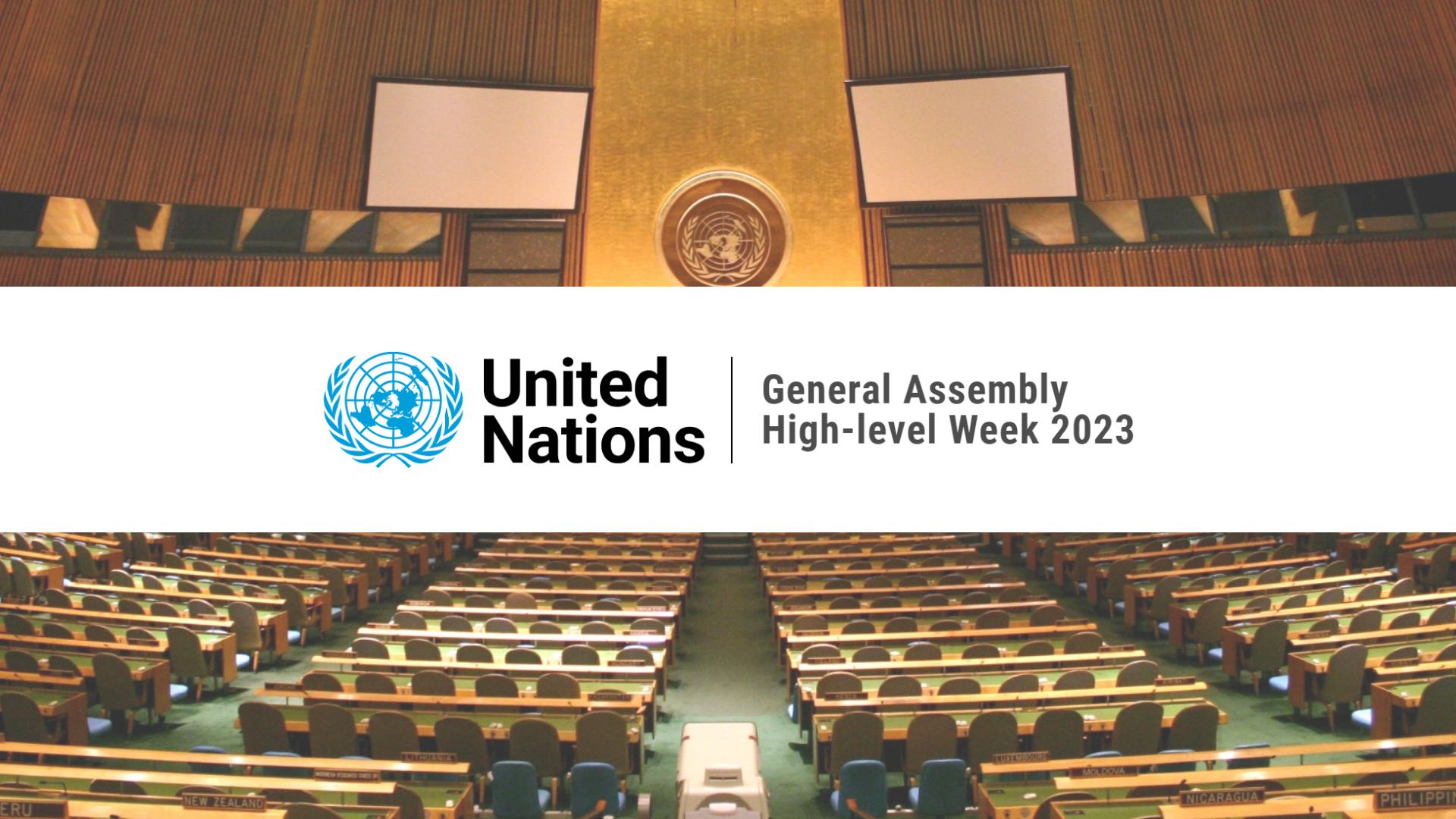Date Published: September 23, 2023.
Amidst a backdrop of global challenges, almost 60% of African member states gathered for the 2023 United Nations General Assembly (UNGA) in New York City, USA.
The global challenges they and others have raised included reform of the UN itself, reform of the international financial architecture, and the need for climate finance – all especially to help alleviate ongoing conflicts, political crises in West Africa and Latin America, as well as continued climate change induced natural disasters such as floods and earthquakes. The overarching theme of UNGA 2023 was Rebuilding Trust and Reigniting Global Solidarity: Accelerating Action on the 2030 Agenda and its Sustainable Development Goals for Peace, Prosperity, Progress, and Sustainability for All. A major focus of this assembly was to make progress toward achieving the Sustainable Development Goals (SDGs) by the 2030 deadline. African countries continue to invest in this development agenda even as global challenges continue to impact them.
However, the African commitment to the UN was not consistent, nor necessarily matched by others.
Within Africa, the level of representation at the UN was lower in the Economic Community of West African States (ECOWAS) region, likely due to recent military coups. Conversely, the Southern African Development Community (SADC) region boasts the highest representation. Among African leaders who are absent from UNGA 2023, Eritrea’s head of state has not been seen at the UN podium since 2011, despite the lifting of the UN Arms embargo in 2018.
Beyond the African region, with the exception of the United States, the host country, the permanent members of the United Nations Security Council (UNSC) were absent from this year’s assembly. On the other hand, the majority of non-permanent UNSC members did join to make their views clear.
And while 10 G21, heads of state did not come to New York, most did make their last UN speeches in either 2021 or 2022, with the exception of, Australia’s head of state who has not participated in UNGA since 2019.
Does this all imply a diminishing commitment among nations and a potential waning interest in engaging with the UN? To suggest so is to ignore African participation and prioritisation of this forum for resolving global challenges. Based on the data, to African leaders, the UN appears to be as important as plurilateral forums such as the BRICS, G21 and even Africa+1 Summits. However, it is of course a challenge that others in the international community may not take it as seriously, because that means the African voices that do make the effort to make themselves clear may still not be heard.

September 2023


